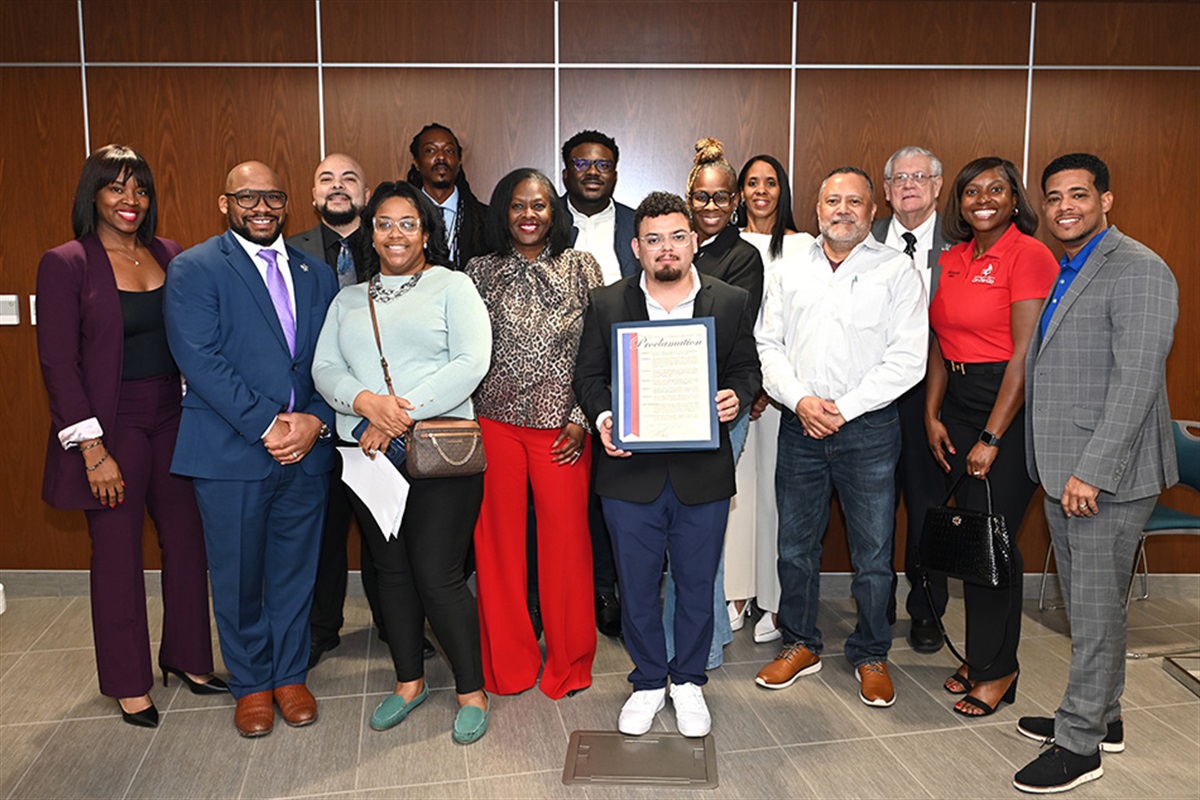Published on January 07, 2026
By Office of Communication
The Arlington Economic Development Corporation (EDC) supports small businesses through various innovative programming. The industry-specific small business cohort, the latest free offering from the Arlington EDC, connects Arlington-based small businesses to subject matter experts through programming that directly addresses the challenges and opportunities in their sector.
Since September 2025, there have been two cohorts — professional services and construction — serving 20 Arlington businesses. The program is geared towards established companies who are looking to take their business to the next level through scaling, sustainability and strategy refinement.
“We strive to offer a range of programs for different levels of entrepreneurship, and thought it was especially important to provide tangible, industry-specific insights as well as information beyond just startup basics,” said Kay Brown-Patrick, assistant executive director of the Arlington EDC.
“In addition to class content, the program gives participants access to networking with like-minded professionals, potential clients and key industry experts,” she said.
Bwana Thurman, CEO of financial education and technology company BluPrint Worldwide, is a graduate of the professional services cohort.
“My experience was informative and enlightening. One piece that has been extremely useful to me was how to improve my client experience and do a deep dive into my analytics,” Thurman said.
For Juan F. De Leon, CEO of De Leon’s Designs and graduate of the construction cohort, the experience went a step beyond the useful information provided in sessions — it made him feel seen.
“There are a lot of programs and services for more white-collar professions, but construction folks are not often well-represented. This is something that I’ve been looking for, and it felt so good that it catered to our community,” said De Leon.
“I’m proud to have the certificate hanging in my office.”
The cohorts received a proclamation from Mayor Jim Ross on Jan. 6, 2026 to recognize their work in the community and commitment to entrepreneurship.
The next cohort, geared toward the Food & Beverage industry, will take place in March 2026. To learn more about the program, visit the Business Resources page at ArlingtonTxEDC.com or join our newsletter list for the most up-to-date information.





